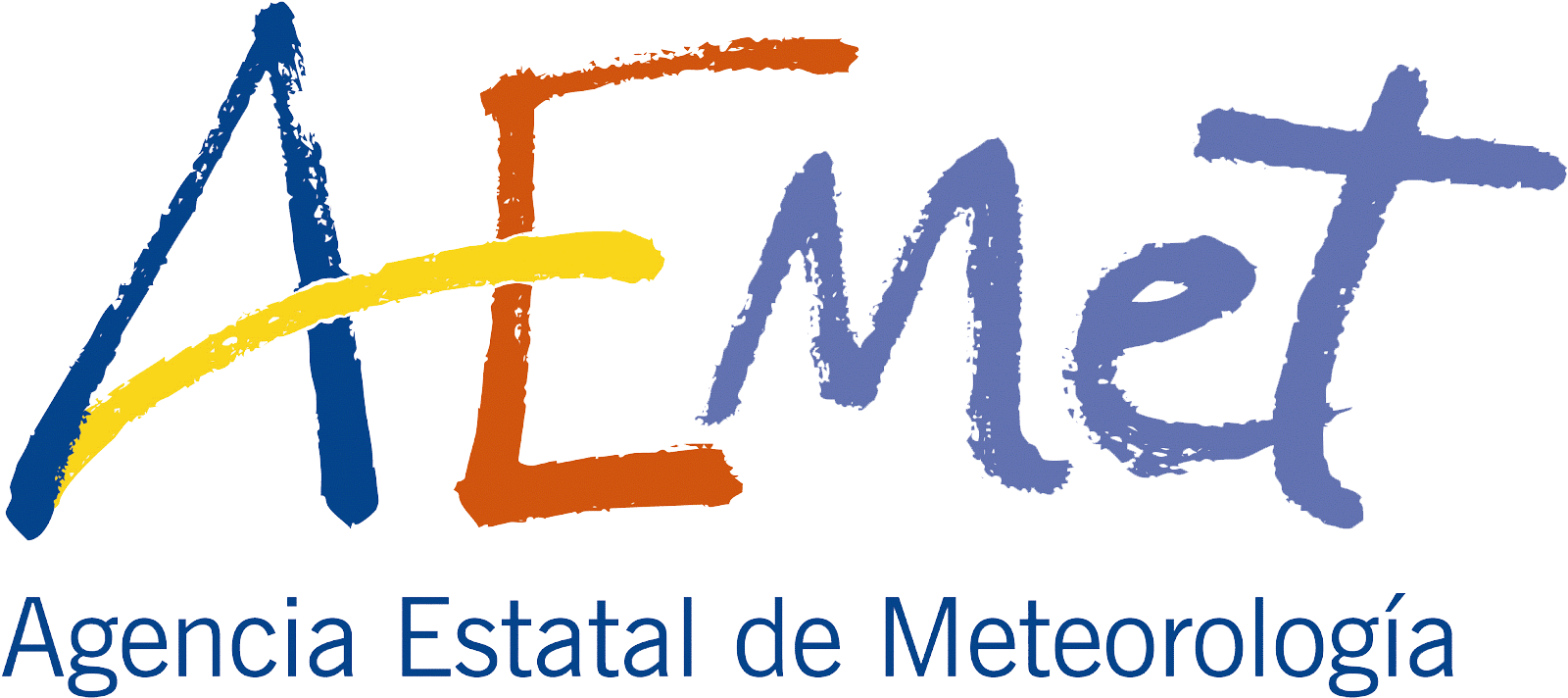Cirrus Clouds: High-Altitude Messengers
Meta Description
Discover the ethereal cirrus clouds: their formation at -40°C, how to forecast weather through their patterns, and their climate change impact. Complete scientific guide.
Introduction
Floating between 6,000 and 18,000 meters altitude, cirrus clouds are the ice sculptures of the atmosphere. More than celestial decorations, these microscopic crystals influence:
-
Earth’s energy balance
-
Atmospheric optical phenomena
-
Commercial aviation patterns
“They are the clouds connecting the troposphere to the stratosphere” — Dr. Claudia Álvarez, researcher at Mexico’s National Meteorological Service.
Anatomy of a Cirrus Cloud
Unique Composition
Unlike other clouds, cirrus contain:
-
Hexagonal ice crystals (20-100 microns)
-
Supercooled water (under special conditions)
-
Minerals carried from the surface
Characteristic Structures
| Type | Altitude | Distinctive Shape |
|---|---|---|
| Cirrus fibratus | 8-12 km | Parallel grooves |
| Cirrus uncinus | 6-9 km | Fishhook shapes |
| Cirrus spissatus | 10-15 km | Dense shadow-casting layers |
| Cirrus floccus | 7-10 km | Cotton-like tufts |
Formation Process
-
Nucleation: Dust/pollen particles freeze water vapor at -40°C
-
Growth: Crystals develop hexagonal forms (plates/columns)
-
Deformation: Jet streams (>100 knots) stretch the clouds
-
Persistence: Can last hours before sublimating
Critical fact: Each crystal takes 15-30 minutes to fully form.
Advanced Weather Forecasting
Key Indicators
-
24-48h before warm fronts: Progressive cirrus increase
-
Distant thunderstorms: Diffuse-edged cirrus spissatus
-
Seasonal change: “Witch’s broom” patterns (autumn-spring)
Traditional Forecasting
-
“Feathery cirrus, rain within hours”: When comma-shaped
-
“High veils, cold for days”: Structureless homogeneous layers
Climate Impact
Greenhouse effect:
-
Trap terrestrial heat (+3.7W/m² radiative forcing)
-
Account for 20% of global cloud cover
Recent research (Nature, 2023):
Aircraft-induced cirrus increase high cloudiness in flight corridors, altering precipitation patterns.
Optical Phenomena
-
Solar halos: Light refraction through aligned crystals
-
Iridescence: Diffraction in newly formed clouds
-
Crepuscular rays: Scattering through polar cirrus
Visual example: In Patagonia, cirrus produce concentric halos up to 4 times yearly.
FAQ
Why are they sometimes pink?
Rayleigh scattering through thick crystals filters blue light at dawn/dusk.
How to distinguish from contrails?
Natural cirrus have irregular structure vs. geometric contrail lines.
Do they affect flights?
Yes, they cause dangerous clear-air turbulence (CAT) for small aircraft.

 Español
Español
 Nederlands
Nederlands
 Deutsch
Deutsch

